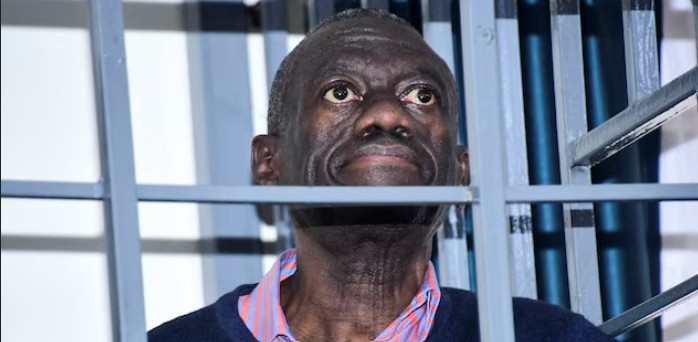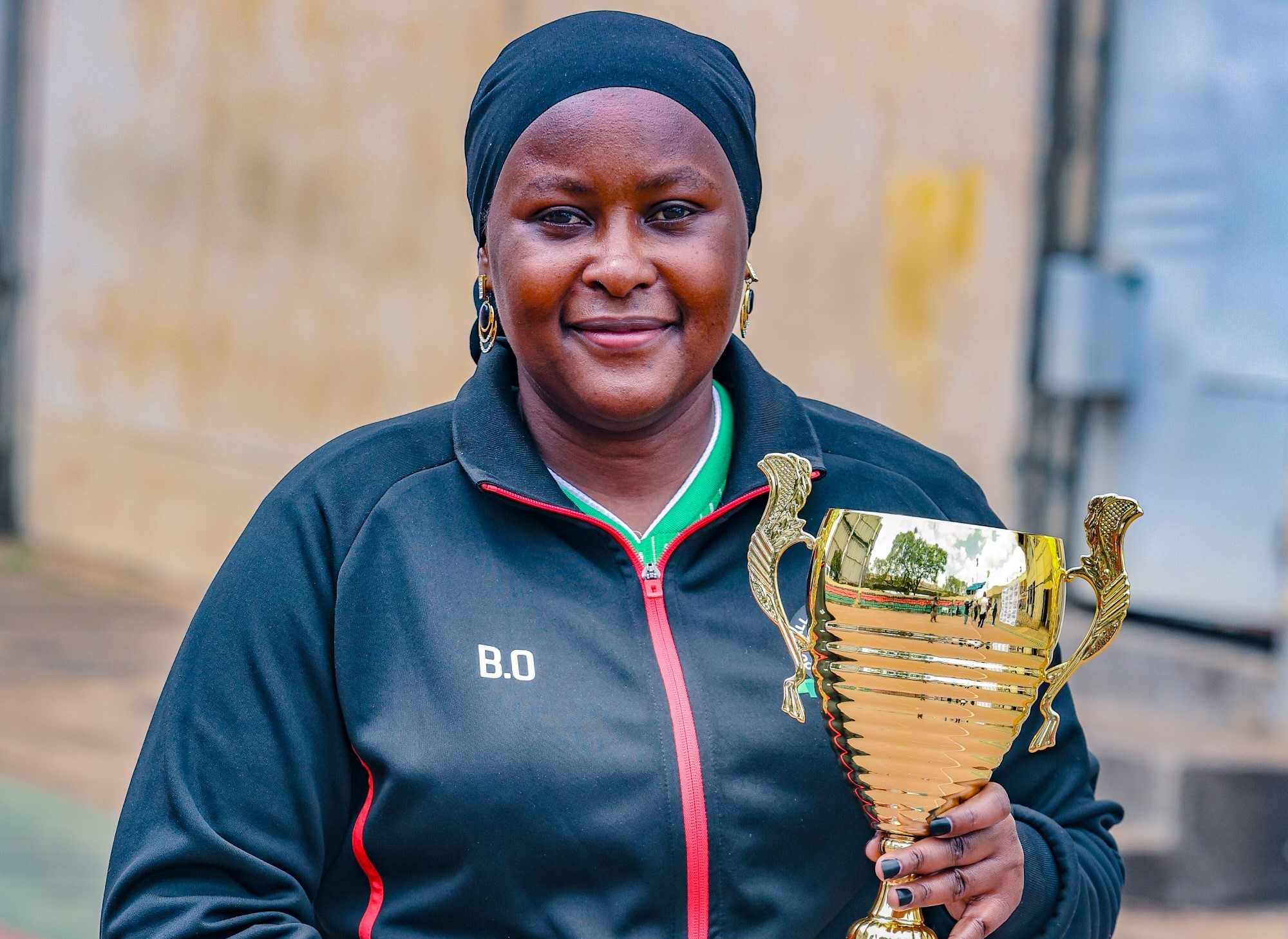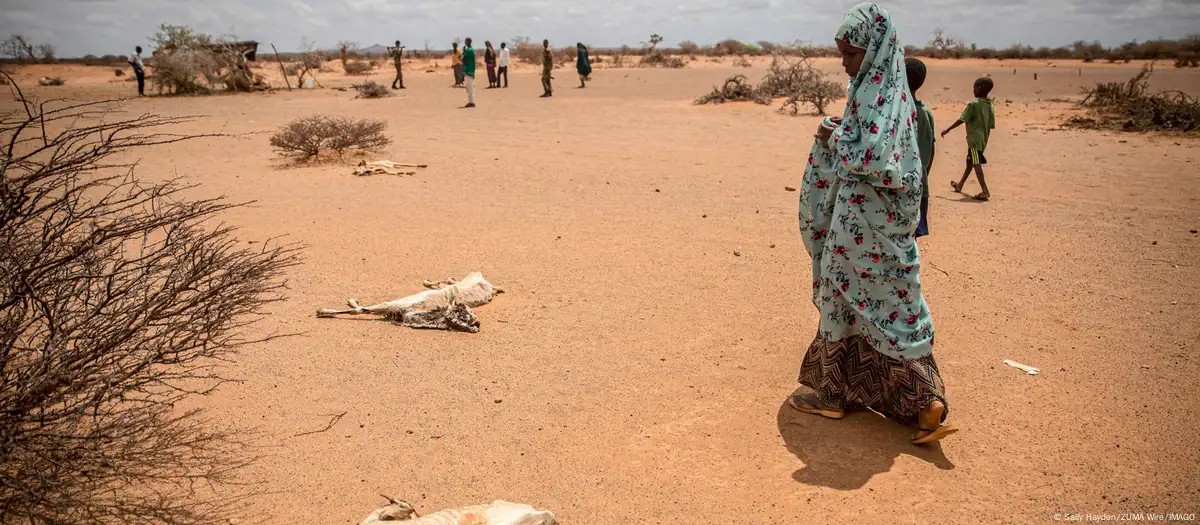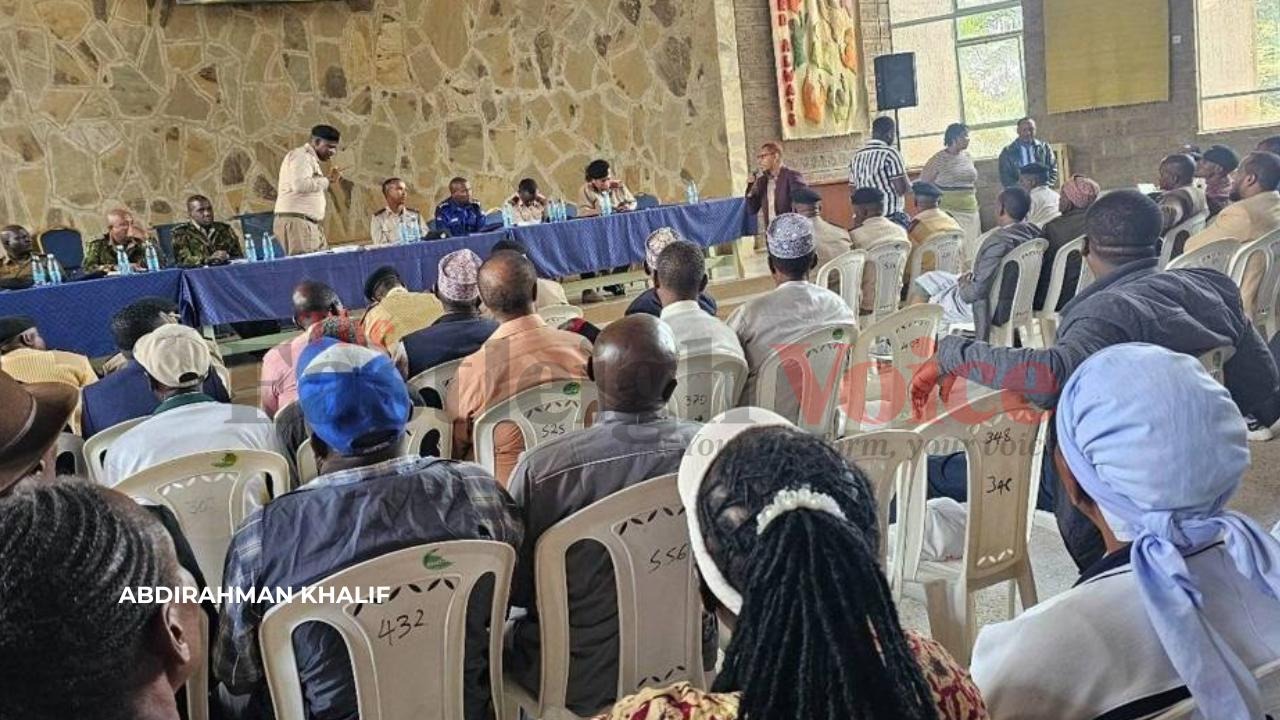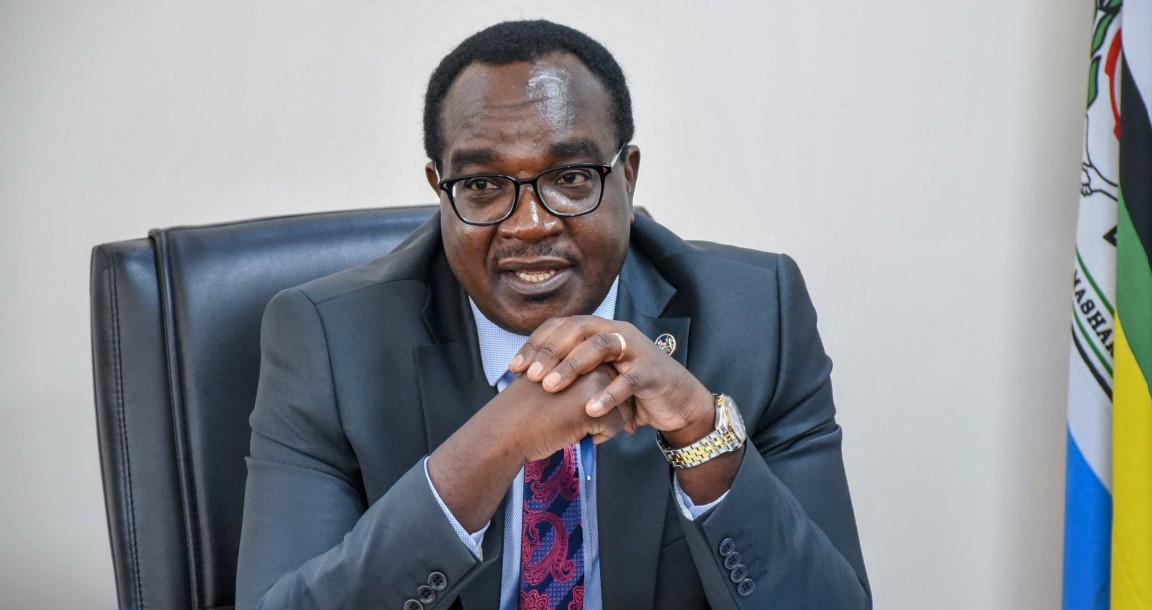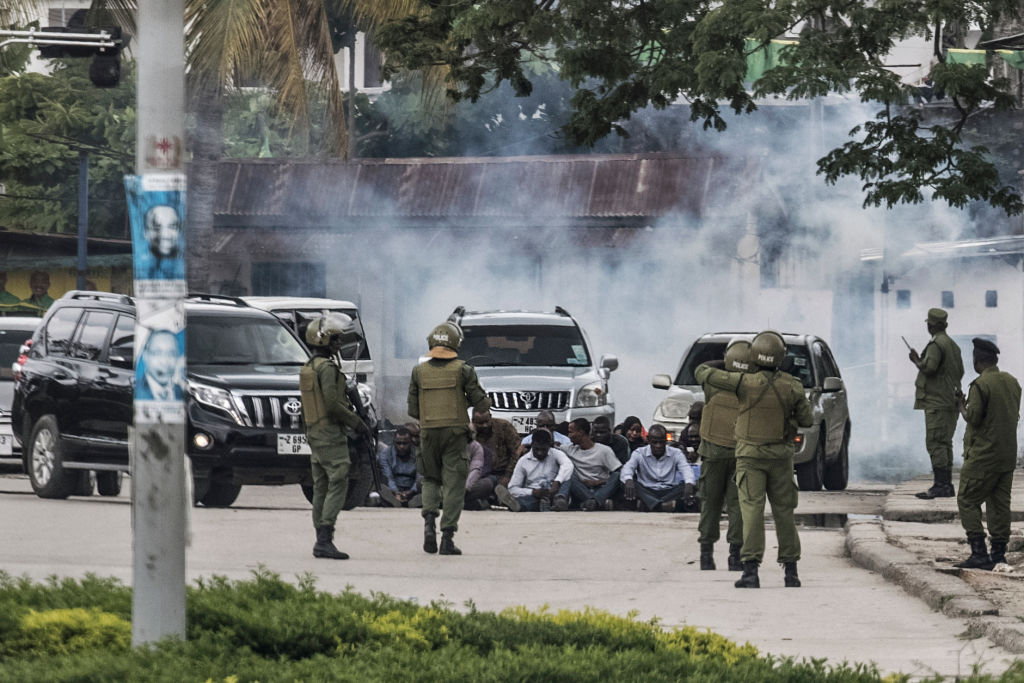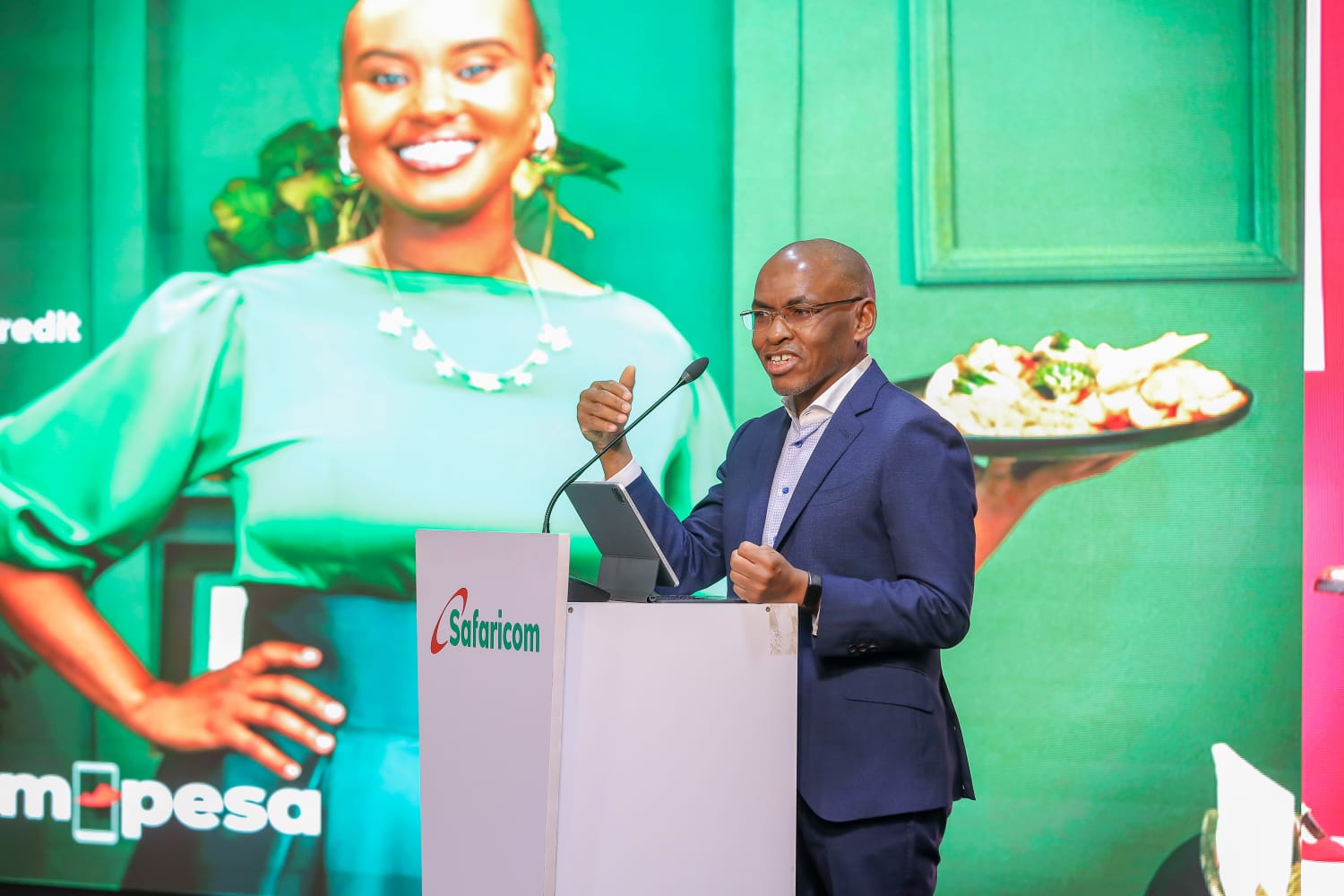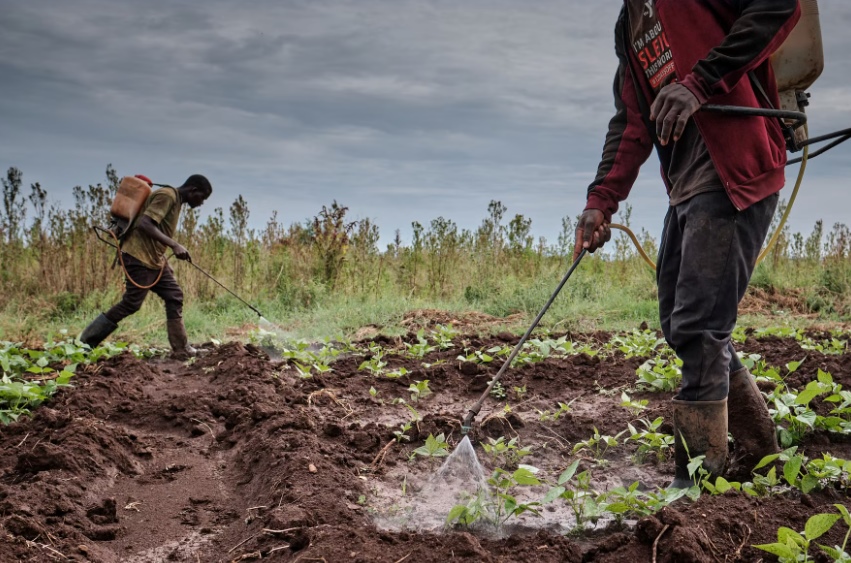Cheptumo credits male champions, religious leaders for FGM fight progress, urges sustained partnerships
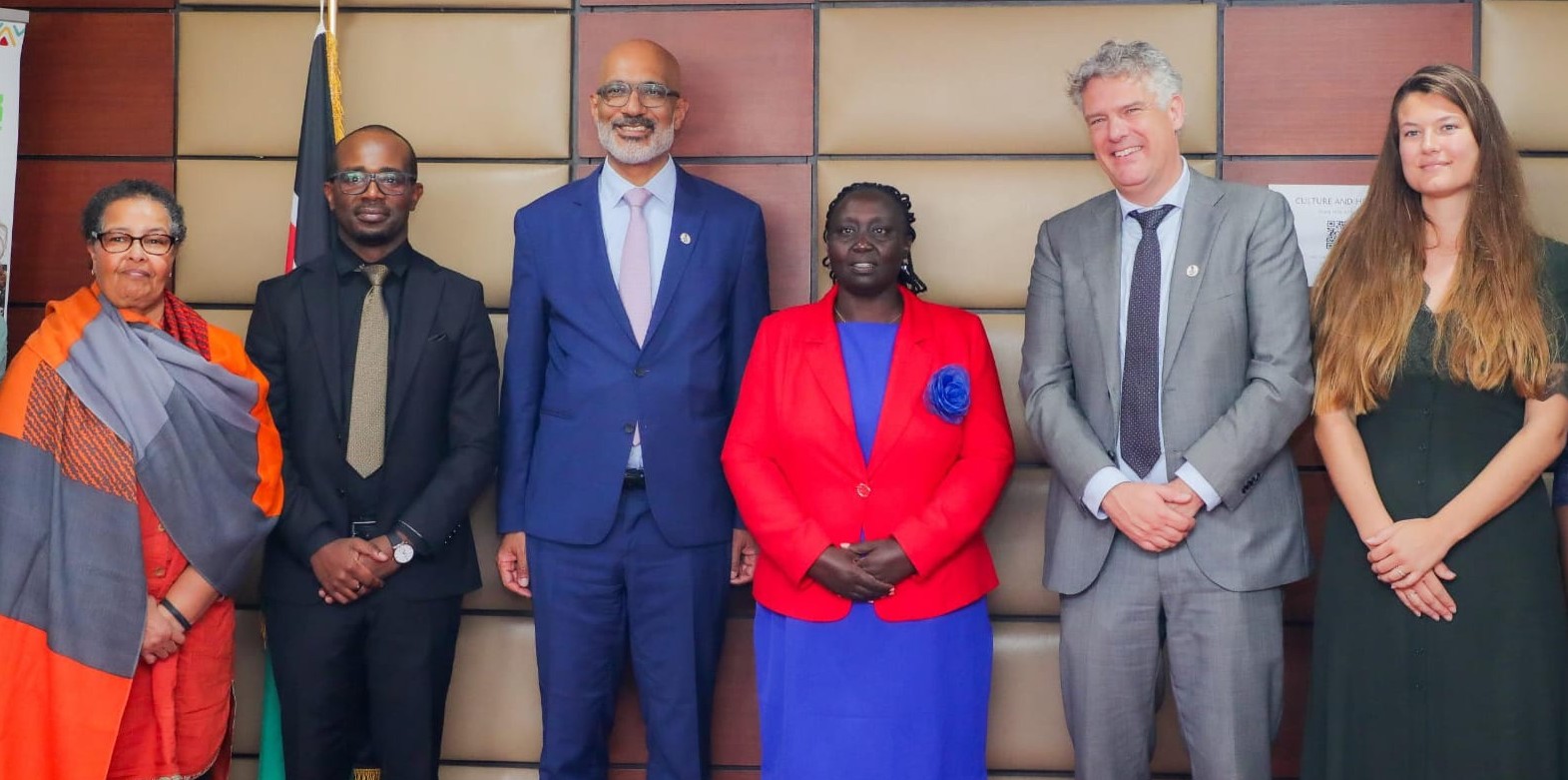
Cheptumo said community involvement remains central to her ministry's strategy, revealing that six declarations have been signed with elders in areas with high prevalence of FGM, including among the Sabaot, Pokot and Kuria communities.
Gender Cabinet Secretary Hannah Cheptumo has said that involving male champions and religious leaders, especially within the Muslim community through the Inter-Religious Council of Kenya, has played a key role in reducing female genital mutilation (FGM).
Cheptumo said the collaboration with the various stakeholders, including these champions as well as the ministries of Health and Education, has proven effective in shifting cultural attitudes, which is aiding in the campaign to end FGM.
More To Read
- New study reveals why young mothers in Kenya are at higher risk of preterm births
- From silence to strength: The Kenyan women ending FGM and early marriages
- Mombasa Woman Rep calls for tougher laws amid surge in gender-based violence
- Nowhere to run: How girls escaping harm still find themselves in unsafe spaces
- Male circumcision is made easier by a clever South African invention - we trained healthcare workers to use it
- Unmasked: The truth behind child marriages
The CS said community involvement remains central to her ministry's strategy, revealing that six declarations have been signed with elders in areas with high prevalence of FGM, including among the Sabaot, Pokot and Kuria communities.
This, Cheptumo said, is evidence of the growing grassroots momentum against harmful practices.
Multi-sectoral approach
"One of our greatest strengths is the multi-sectoral approach that we have adopted. We are working closely with the ministries of Health, Education, and Social Protection, as well as religious and community leaders," she explained.
Cheptumo emphasised her ministry's commitment to eradicate the vice as well as child marriages and other harmful cultural practices by next year.
She spoke at her office, where she hosted a delegation from the government of the Netherlands, led by the country's deputy ambassador, Joris van Bommel.
Cheptumo described the meeting as a timely opportunity to consolidate international efforts in safeguarding the rights and dignity of women and girls.
"FGM is a gross violation of human rights. It denies girls the opportunity to live full, healthy, and empowered lives," she said.
"We are committed to ending this practice, and we welcome partners like the Netherlands who stand with us in this crucial mission."
FGM prevalence
According to the Kenya Demographic and Health Survey (2022), FGM remains highly prevalent among some communities, with rates as high as 93.6 per cent among the Somali and 86 per cent among the Samburu communities.
The illegal practice continues to pose significant public health and human rights challenges, according to the CS.
Cheptumo said the government has implemented several interventions through the State Department for Gender, including the enforcement of laws such as the Prohibition of FGM Act (2011), and the establishment of GBV courts and shelters for survivors.
Partnership programme
The CS highlighted the success of a previous partnership programme with the Finnish Government, which focused on combating GBV and FGM in three hotspot counties.
However, she raised concerns over the sustainability of the programmes following the conclusion of Finnish funding in March 2025.
"We must not lose the gains we have made. We need sustainable partnerships that ensure continuous support to these communities," she emphasised.
Bommel commended Kenya's strides in gender equality and affirmed the Netherlands' readiness to explore new areas of collaboration.
"We recognise the strength of Kenya's approach and stand ready to support efforts that protect girls and empower communities," he said.
Top Stories Today
